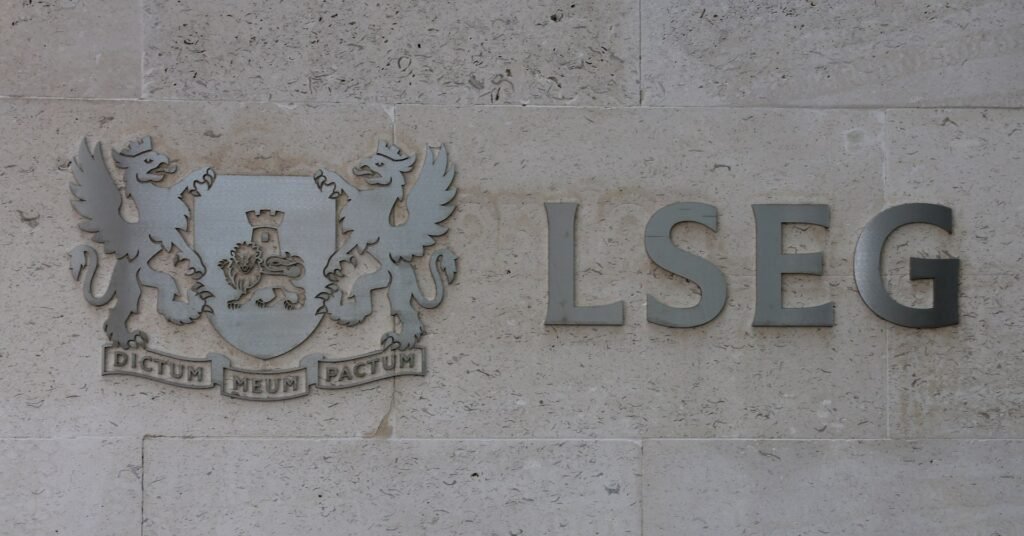The reforms, part of wider government efforts to attract a wider range of private investment into the British economy, have divided opinion. Shareholders fear the new regime will erode their rights, while supporters of the changes say they will make London more attractive for company listings.
SINGLE LISTING CATEGORY
The existing “standard” and more onerous “premium” listing requirements will be scrapped and replaced with a single “commercial companies” category.
Companies wanting to list will no longer have to provide historical financial information, revenue track record and clean working capital statements, though disclosures on these will still have to be included in a prospectus.
SHAREHOLDER VOTES
The rules signal a fundamental shift to a more disclosure-based system to cut red tape for companies.
Companies listed under the commercial companies category will no longer have to hold a shareholder vote on so-called significant related party transactions. They will still need shareholder backing for a reverse takeover transaction, share buy-backs or cancellation of a listing.
Companies will also still have to apply Britain’s corporate governance code, meaning they have to say if they comply with best practice or explain why they do not.
‘DUAL’ AND ‘MULTIPLE’ SHAREHOLDER RIGHTS
Founders or directors of a company can have “enhanced” voting rights over ordinary shareholders indefinitely to retain control after listing. The aim is to attract more growth companies, such as tech start-ups, to list in London and compete more effectively with New York where such dual voting rights are common.
INSTITUTIONAL SHAREHOLDERS
Pre-IPO institutional investors, such as private equity, can also have enhanced voting rights, though only up to 10 years to ensure visibility and predictability to other shareholders and prospective shareholders.
SPACS
Special Purpose Acquisition Companies or SPACs, a listed company created to acquire or merge with existing companies, still have 24 months to complete a transactions or return money to investors, but this period can now be extended by 12 months up to three times, if shareholders approve.
INTERNATIONAL SECONDARY LISTING
This creates a new category to attract non-UK incorporated companies with a listing on a non-UK market.
Sign up here.
Reporting by Huw Jones. Editing by Jane Merriman
Our Standards: The Thomson Reuters Trust Principles.

